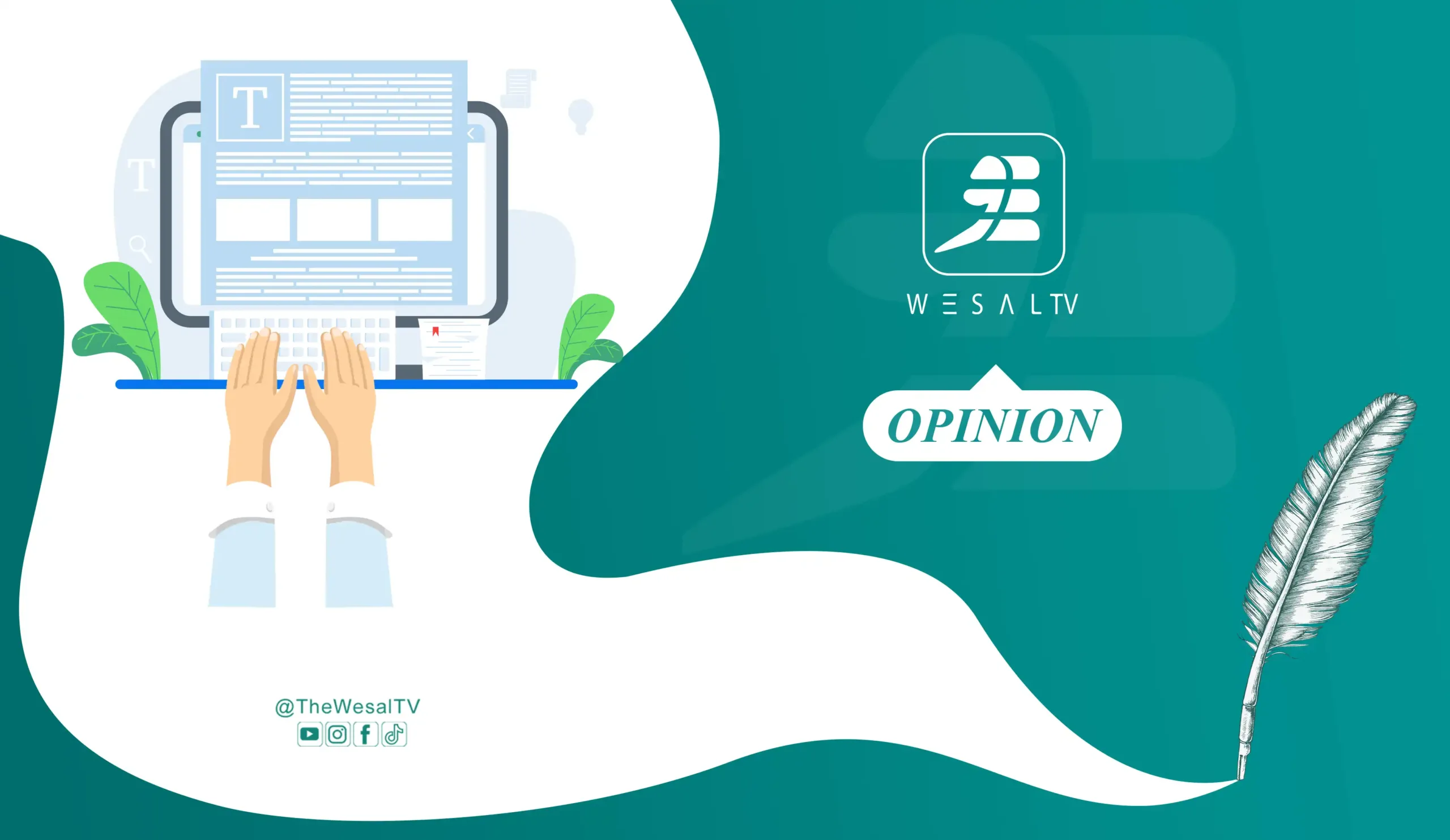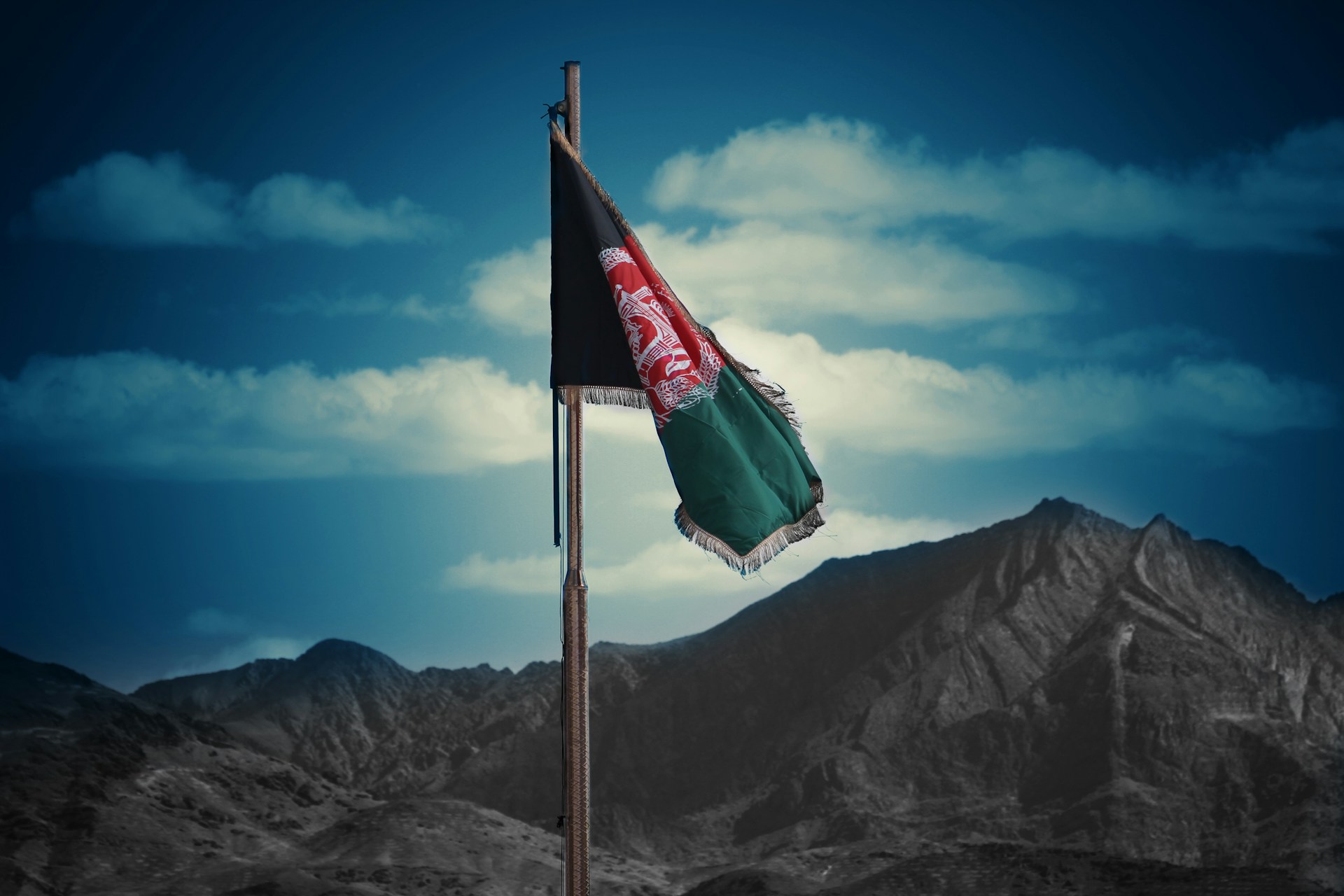The ultimate geostrategic triumph of the current violence in the Middle East belongs to Iran. Iran could, potentially, achieve their strategic goal of becoming an ally of the US as well as the most important power in West Asia by benefiting from lessons taught by history, utilizing its powers of violence through their proxies, diplomacy and forming a vision and perspective that would envisage a win-win outcome for all major stakeholders in this conflict, primarily Israelis and Palestinians.
The current tragic events that started with a terrorist attack on civilians in Israel and have claimed thousands of lives, a huge portion of them Palestinian children, could escalate further and involve more actors. Such an escalation could result in fundamental and irreparable damage to the already dwindling world security architecture. The United States’ resources could be rechanneled to the Middle East instead of keeping in check the expansionist endeavours by China and Russia. The expansion and involvement of more actors in this conflict could be worse than the American wars in Afghanistan and Iraq, in terms of human and financial costs. In addition, the current hostilities will stockpile fuel for future tragedies for Israelis and Palestinians alike.
In October 1973 Saudi Arabia and her counterparts in Organization of the Petroleum Exporting Countries (OPEC) imposed an oil embargo on the U.S, other Western countries, and Japan for their support to the state of Israel. However, the government of Saudi Arabia used the same crisis as an opportunity to further deepen the strategic alliance between themselves and the U.S. The Saudis secretly reached out and made sure the U.S military was supplied with adequate oil despite the embargo still being in place on the U.S economy and society.
Although, the then primary regional ally of the United States, the Imperial State of Iran, did not participate in the embargo, the Persian monarch acted as an unscrupulous merchant rather than a sophisticated statesman and a strategic ally. The Iranian monarch increased the price of oil several folds as Western societies and economies were suffering.
Saudi Arabia used to be a close partner of the U.S before the embargo. The partnership experienced a tremendous and unprecedented hike for the next two decades after the embargo. Some analyses suggest that Saudi Arabia, with the consent of the U.S, hastened the collapse of monarchy in Iran through export of major quantities of oil at a low cost which proved to be consequential for Iran’s revenues and subsequently paving the way for countrywide political unrest and the Islamic Revolution.
Saudi Arabia managed to use the embargo, which otherwise was means for inflicting pain and distress on the American economy and society, to get themselves strategically closer to the United States. Such an opportunity is present for Iran to exploit today, due to the current crisis, to regain the status of a regional ally of the U.S and improve their relations with other nations as well.
Iran is not in direct conflict with the state of Israel; however, Hamas and Hezbollah are. Iran has a great level of influence over both these and many other actors who hold enmity towards Israel. It has used diplomacy and social media to rally an unprecedented worldwide support for the Palestinian cause as well as to humanize and justify the otherwise brutal and barbaric acts performed by some of these actors. Saudi Arabia used the oil embargo to showcase the efficacy of their power, similarly, Iran uses their proxies and soft powers for its own recognition.
Iran’s regional rivals are neither the U.S nor the state of Israel. It is Saudi Arabia. The Iranian leadership must be aware of the consequences of too much dependence of Iran’s economy and security on China and Russia. Rationally, Iran will embrace a potential partnership with the U.S to balance their relationship with Russia and China. Iran has the potential to be an effective bulwark against the expansionist endeavours of both Russia and China and has enough motives to do so.
An Israeli-Palestinian Peace Plan supported by Iran has a much greater chance of success than one supported by all other regional countries combined; Saudi Arabia included.
The government of Saudi Arabia seems to be a mere passive spectator of the current conflict between Hamas and Israel. It seems to have no leverage over the government of Israel to agree to a ceasefire. Similarly, the kingdom suffers from deficiency of influence over Hamas to release the hostages or to encourage Houthis and Hezbollah not to participate in the conflict. The kingdom managed to convene a summit in which leaders from regional and other Muslim-majority nations participated. However, the conference did not produce any tangible results. Currently their foreign Minister is trying to convince nonregional powers to help in containing the conflict. When the Imperial State of Iran was an ally of the U.S, it did recognize Israel as a sovereign state. Whereas, the Kingdom of Saudi Arabia has failed to extend a formal recognition to Israel even after seven decades of being an ally of the U.S. The shale revolution enabled the U.S to attain energy security. Consequently, the strategic significance of the Kingdom, at least from the American National Security perspective, has already diminished to a certain degree. Therefore, the context is ripe enough for the U.S to adopt a major policy shift towards the region. The shift that will establish a new balance of power in the Middle East in which Iran will hold the core.
Iran does not have to replace the Kingdom of Saudi Arabia in regional and international geopolitical equations. However, employment of Iran’s current and potential efficiencies will bear tangible outcomes for the region, the U.S, and for the entire world. The first of which could be to encourage the nonstate actors like Hamas to refrain from their destructive activities. Furthermore, to help all actors involved in this conflict to adopt a holistic approach towards finding a just and fair solution and path forward in which Israelis, Arabs, Muslims, Jews, and Christians see a dignified and peaceful future for themselves.
For Iran to be admitted by the U.S, as well as by the entire international community, as a constructive partner, it has to take the first step, just like Saudi Arabia did during their oil embargo. That step for Iran is to facilitate an immediate and safe return of all Israeli civilian hostages taken by Hamas on October 7; and, allow all current and past events, though tragic and unfortunate, serve as a means for harmony, coexistence, and peace in the region and the world at large.
Said Mohammad Azam can be reached @AlumniAzam.
The views expressed in this article do not necessarily reflect Wesal TV’s editorial policy.
Views: 74












